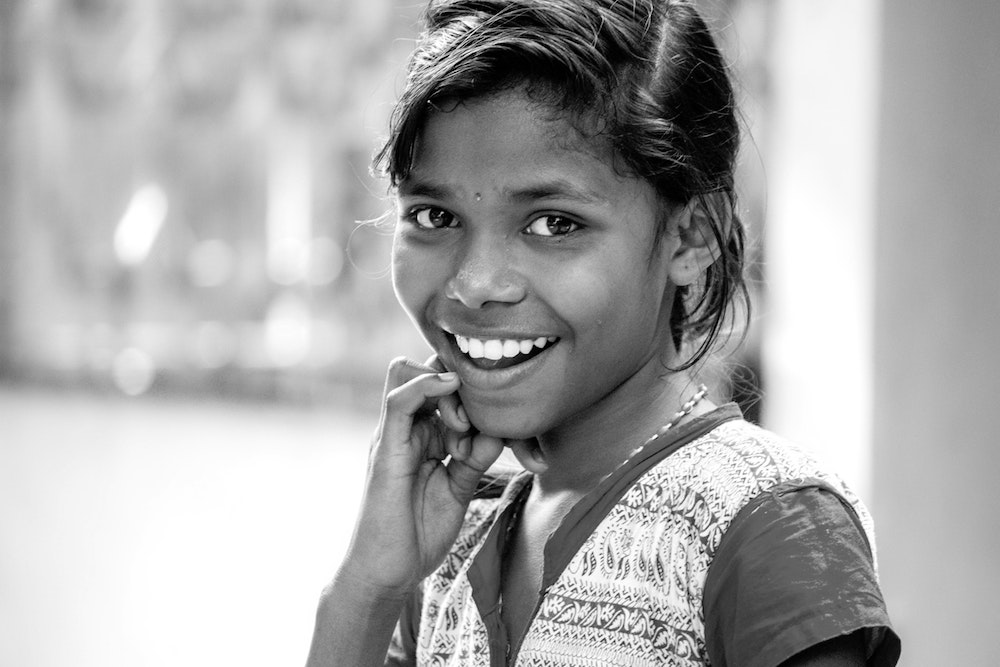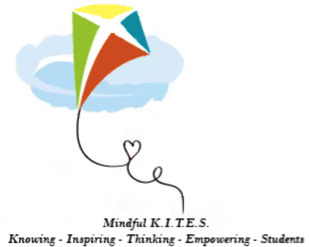
We are living in unprecedented and usual times, with the recent closure of schools, social isolation and partial lockdown, with the temporary removal of a number of social activities outdoors. Added to this, there are repeated updates and almost constant news reports on coronavirus worldwide. In these times, children and young people may feel anxious or concerned, or be dealing with big emotions like anger, fear or frustration. So how do we deal with these issues? Here are some tips:
- Be aware of your own anxieties and fears – children easily sense these. Try to model calm and grounding yourself.
- Take breaks and limit your exposure to news and frequent social media updates – it is important to be informed but not overwhelmed. In addition, choose a few reputable news sources such as the World Health Organisation (WHO), Centre for Disease Control (CDC) or local Ministry of Health websites.
- Use age-appropriate tools to discuss coronavirus with children. A great example is the e-book ‘My Hero is You’ available free on the WHO and UNICEF websites (https://www.who.int/news-room/detail/09-04-2020-children-s-story-book-released-to-help-children-and-young-people-cope-with-covid-19), developed to discuss coronavirus with children aged 6 – 11 years.
- Try to maintain a family structure and routine. Try to stay as close as possible to your normal family routine, including meals, bedtimes, and getting out of pyjamas in the morning.
- Practise self-care. In particular, make sure you and your family get enough sleep and eat as healthily as possible. Try to get some physical activity, which could be as simple as a walk around the garden, using a skipping rope or doing jumping jacks in the yard. In particular, find things that soothe and ground you like listening to music, drawing or colouring, or having a nice cup of tea.
- Stay connected. Even though we may be physically apart from loved ones and friends, it is important to maintain social connections. You can set up times that your children can call or talk with their friends or family safely online, with age-appropriate supervision. It may be helpful to work out a screen time schedule and rules around internet safety.
- Focus on the positive. The key here is to reframe the situation we are in, and find the time to talk to young people to help them try to look at it in a different way. For example, you can talk about the fact that now families have more time together, or all the things that people are doing to help each other and stay healthy. It’s also a great time to create a new family ritual such as ‘games night’ or a weekly family mini-meeting to discuss how everyone is going.
- Practise mindfulness. This is really the art of being in the moment and focusing on what you’re doing right now. For instance, you can remind kids of things that they can do in the moment to take care of themselves, like washing their hands. They can also take time to notice their feelings, name them and really feel them – talking about them, writing them down, or using tools like journals or doing drawings can help young people develop skills around managing their emotions, and work their way out and through big feelings when they happen.
There are a number of additional resources you might find helpful, such as:
- www.childmind.org
- www.unicef.org
- https://www.cdc.gov/coronavirus/2019-ncov/daily-life-coping/managing-stress-anxiety.html
- The TT Association of Psychologists also have a free COVID 19 stress hotline (available on www.psychologytt.org)
